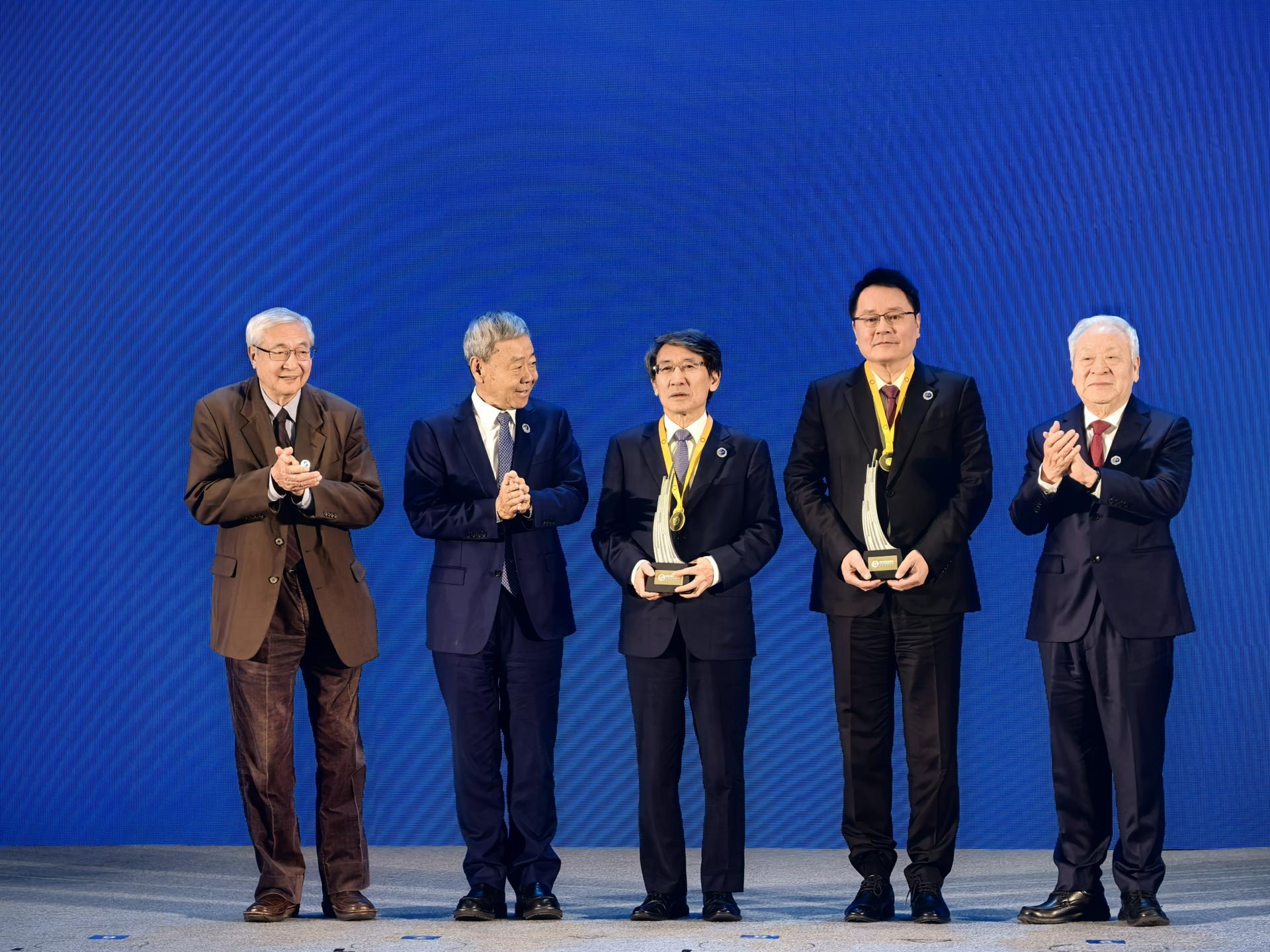On December 6, during the opening ceremony of the 2024 Tengchong Scientists Forum, the recipients of the Tengchong Science Award 2024 were announced.
Qikun XUE, President of the Southern University of Science and Technology (SUSTech) and Academician of the Chinese Academy of Sciences (CAS), along with Professor Xiaoliang Sunney XIE, CAS Academician, received the prestigious award and delivered keynote speeches at the event.
The Tengchong Science Award aims to reward scientists who have made significant breakthroughs at the forefront of science and technology, solved major challenges facing humanity through technological innovation, and contributed to economic or social progress through research outcomes.
Each year, one to three individuals or teams are selected, with each recipient awarded 10 million yuan (approximately 1.5 million USD).
In 2023, CAS Academician Yuming LU and Massachusetts Institute of Technology (MIT) Professor Feng ZHANG were the first recipients of this award.


Qikun XUE and his team utilized a magnetic topological insulator film made from a special material to achieve the first experimental observation of the quantum anomalous Hall effect. This groundbreaking phenomenon, independently achieved by Chinese scientists, represents a major milestone in the field of basic research worldwide. His team also made the first discovery of interface-enhanced high-temperature superconductivity.
His efforts have brought him many honors, such as the China State Preeminent Science and Technology Award for 2023 and the distinction of being the first Chinese physicist to win the Fritz London Memorial Prize and the Oliver E. Buckley Condensed Matter Physics Prize.
Xiaoliang Sunney XIE is an Academician of the CAS, Director of the Changping Laboratory, and the Lee Shau-kee Professor and Dean of Faculty of Sciences at Peking University. He has been a pioneer of single-molecule biophysical chemistry, coherent Raman scattering microscopy, and single-cell genomics. The single-cell whole genome amplification methods that his group invented has to date benefited thousands of families with monogenic diseases by successfully preventing the passing of disease-causing mutations to their offspring.
Proofread ByYingying XIA
Photo By